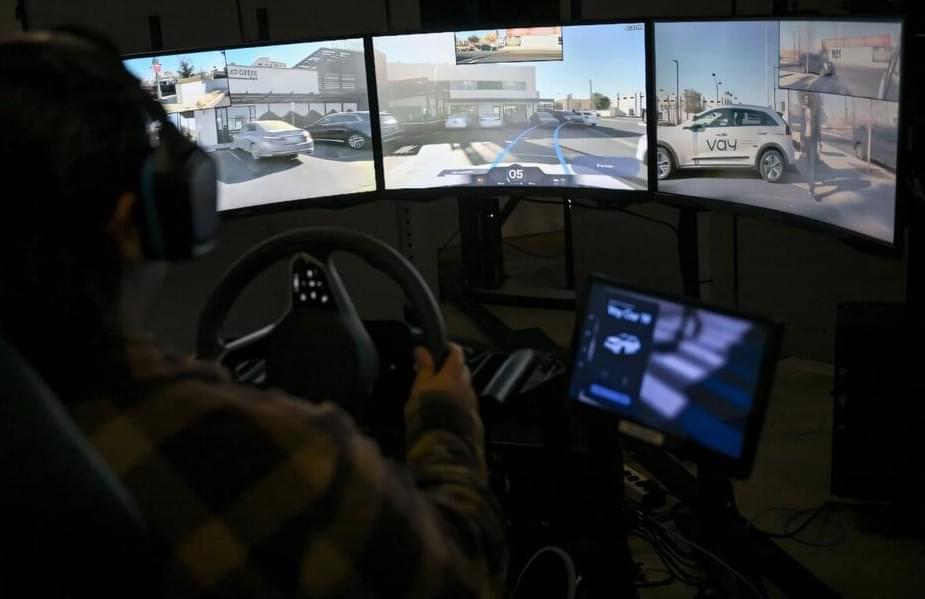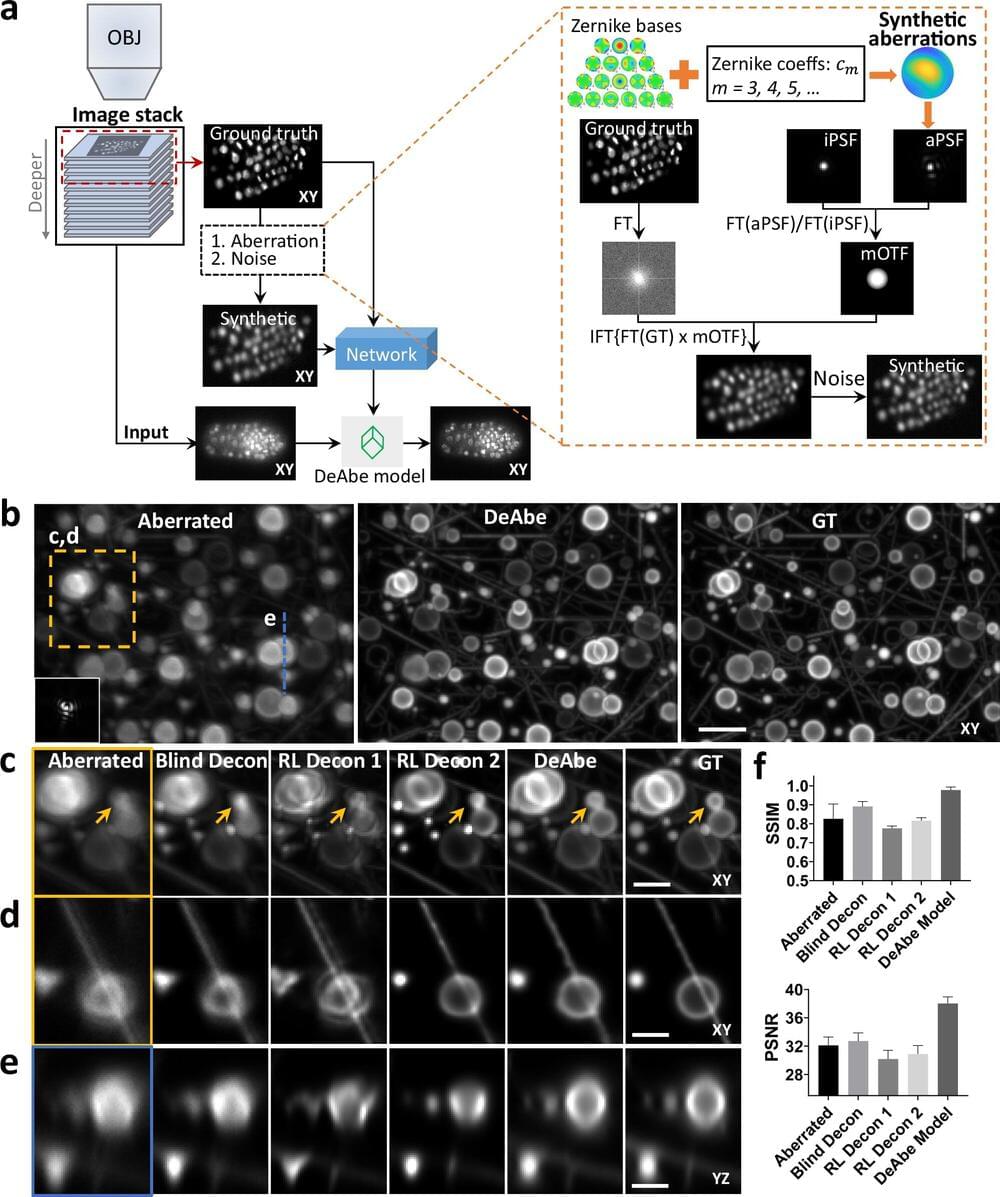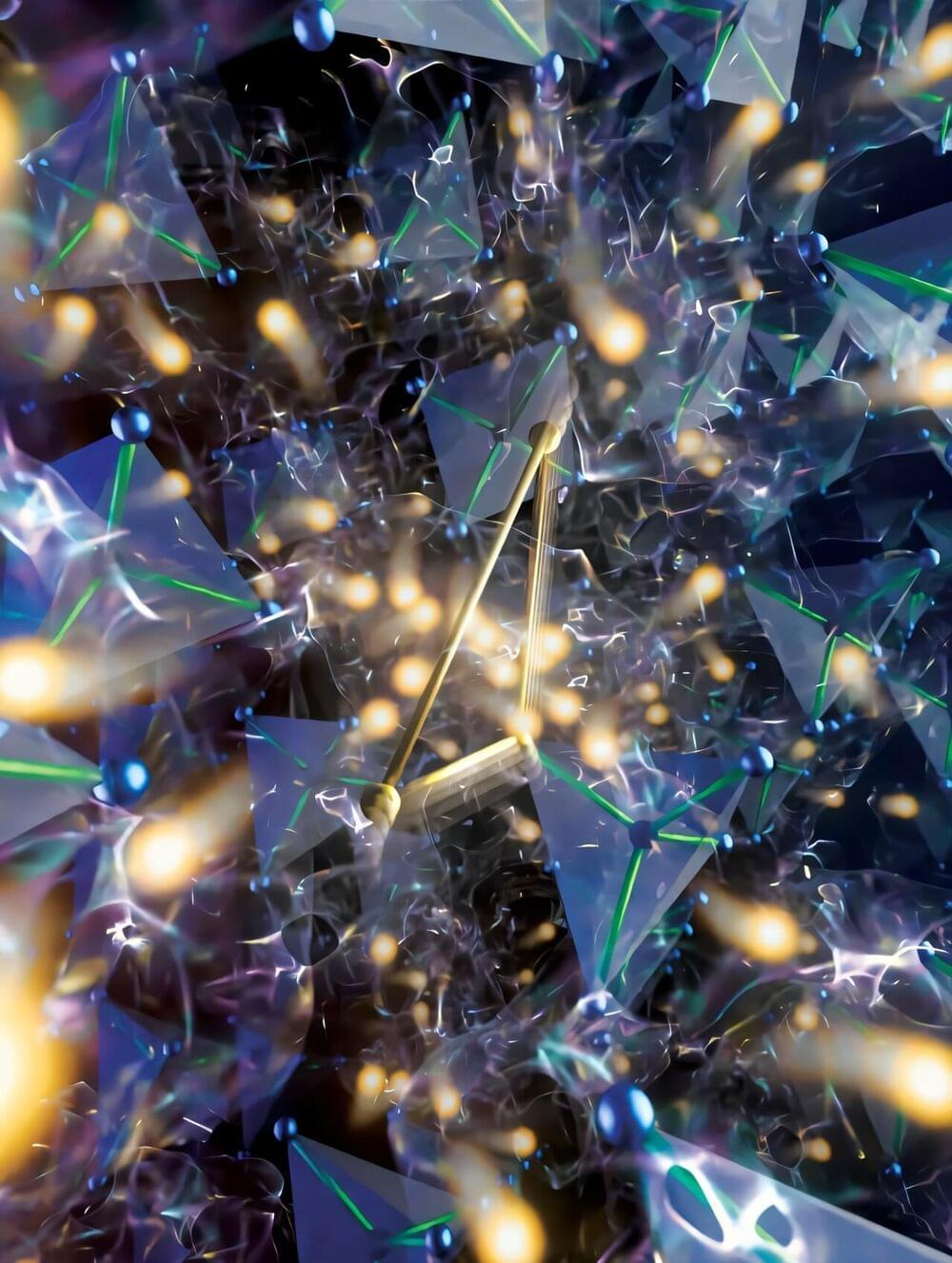Near the Moon’s eastern limb lies Mare Crisium — the Sea of Crises — a low basalt plain embayed by rugged mountains. Carved by a colossal impact some 3.9 billion years ago, the 460-mile-wide (740 kilometers) mare appears largely flat and featureless. But lingering whispers of a volcanic past are everywhere, from its ubiquitous darkness to craters flooded and semi-obliterated by ancient basalt lavas — and a curious, solitary landmark near its center: the four-mile wide (6.4 km) Mons Latreille.
Soon, a robotic craft called Blue Ghost will land here, carrying 10 science instruments and technology tests as part of NASA’s Commercial Lunar Payload Services (CLPS) program. Also known as Blue Ghost Mission 1 and nicknamed Ghost Riders in the Sky, the lander is targeting a six-day launch window in mid-January. NASA announced Jan. 7 that the first scheduled launch opportunity is 1:11 a.m. EST on Wednesday, Jan. 15.









